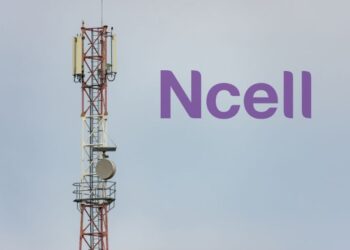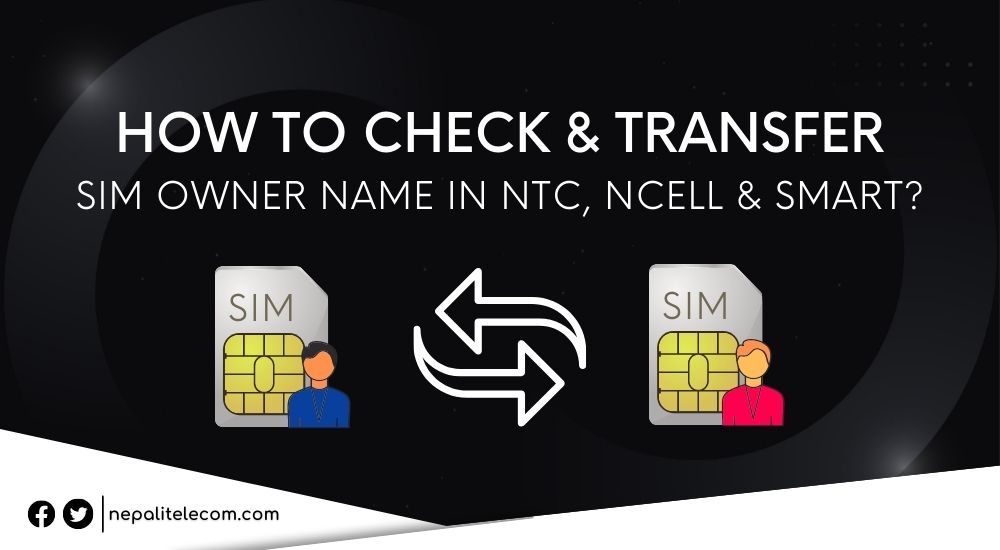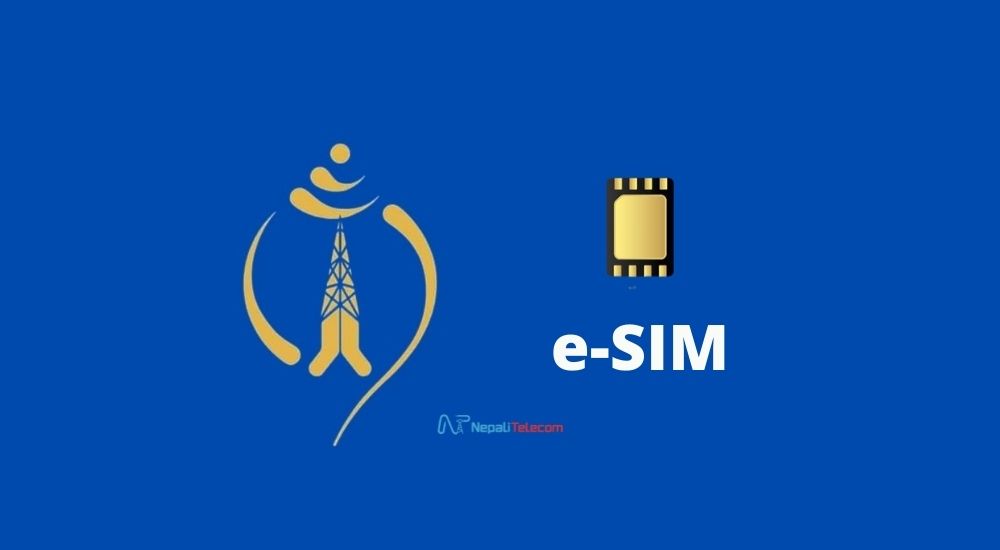It is possible that Ncell data cease to function anytime as upstreamer Tata has cut its international bandwidth supply to the private telco. The private operator has maintained bandwidth redundancy so the data services won’t be affected but if the current scenario persists, the situation might worsen. The private telco has not been able to pay Tata for the bandwidth forcing the current issue but there’s more complexity to it as the telecom authority is in the mix.
Tata Communications International Pte. Ltd, Singapore has barred bandwidth flow to Ncell since Ashar 03 over payment dues. On its part, Ncell hasn’t been able to pay since it’s been denied the foreign currency exchange recommendation by the Nepal Telecommunications Authority (NTA). Ncell has Rs 55 crore to pay Tata Communications for the bandwidth.
Check out: Ncell Data Packs and Price [Latest 2024]
Ncell commits to maintain data services despite Tata cuts bandwidth supply
Despite Tata stopping the international bandwidth supply to Ncell, the telco has reinforced measures to keep its services afloat. The telco has kept redundancy for bandwidth so its mobile data services will remain unaffected for now. However, continuous interruptions for the bandwidth leave the possibility of Ncell’s services being down.
For now, Ncell also imports bandwidth from other upstream vendors. But in the current scenario when the government is not offering flexibility and if other bandwidth providers also follow Tata in cutting bandwidth supply, the worst-case scenario could develop.
Ncell maintains that it has not received a foreign currency exchange recommendation from NTA to clear its payment for international bandwidth, equipment import, foreign consultancy services, etc. Ncell reportedly has Rs 55 crore in due payment to Tata for bandwidth.
Reportedly, the authority hasn’t provided the telco with a foreign currency exchange recommendation over the payment dues of the 2100 MHz band. Ncell is using the 2100 Mhz band to further enhance its 4G services including with the introduction of carrier aggregation (CA).

Check out: Frequency bands in Nepal for 2G, 3G, 4G, 5G mobile network
There is a debate over the cost of 2100 MHz band spectrum
But the cost of the 2100 MHz band has itself been long contested. Ncell was assigned spectrum in this band in 2078 through an auction. But NTA has asked both Ncell and Nepal Telecom (NTC) to pay the auction fixed rate of spectrum even for the pre-auction period.
This forced both the companies to take the matter to the court. Both telecom giants have been arguing that the pre-auction frequency cost is calculated according to the pre-auction rate and the post-auction rate should be applied only to the latter.
After Tata stopped its bandwidth supply, Ncell wrote to NTA to grant it foreign currency recommendations. Without it, the company can’t pay Tata the dues for bandwidth. All Nepali ISPs and telcos require foreign currency recommendations to pay to their upstream providers.
Tata reportedly accounts for more than 30% of bandwidth used in Ncell.
NTA spokesperson Santosh Paudel says that Ncell has not cleared outstanding due for spectrum in the 2100 Mhz band and unless that is paid, foreign currency recommendations can’t be issued for the telco. As per the reports, Ncell has around Rs 1 billion to pay to NTA for the 2100 MHz band frequency.
Find: Ncell eSIM activation process in 2024
Ncell has reached the court over the fee of the 2100 MHz band
Likewise, Ncell has filed a writ at the Supreme Court. Also, for the first time, the state-owned company NT has also challenged the decision of NTA over the spectrum charge. The hearing for the case takes place on Magh 03. As of now, there is no stay order issued by the court. So, NTA has ruled that Ncell must pay for the 2100 MHz band to get a foreign currency recommendation.
As Ncell maintains, there won’t be an immediate impact on its data services despite Tata cutting off its international bandwidth. But if the current scenario continues for a while, problems may occur.

Time and again, ISPs and mobile service providers come into conflict with NTA. Previously, on Baisakh 20, 2080 the internet went down nationwide after Nepali internet service providers (ISPs) couldn’t pay for their bandwidth due to an RTDF payment issue with NTA.
In the current scenario when the telecom industry is facing harrowing challenges, they should get more lenient approaches from the regulator and the government rather than have them go to court over payment and policy issues. Sorting out these longstanding issues requires constructive dialogue with all parties involved.
Find out: Find the Radio Frequency Policy for Telecom Services 2080
Is there a lack of tendency to ignore multilateral dialogue and sort out the matter among the parties? Or do you think the issue lies in making the government bodies not devising clear-cut policies for all?











